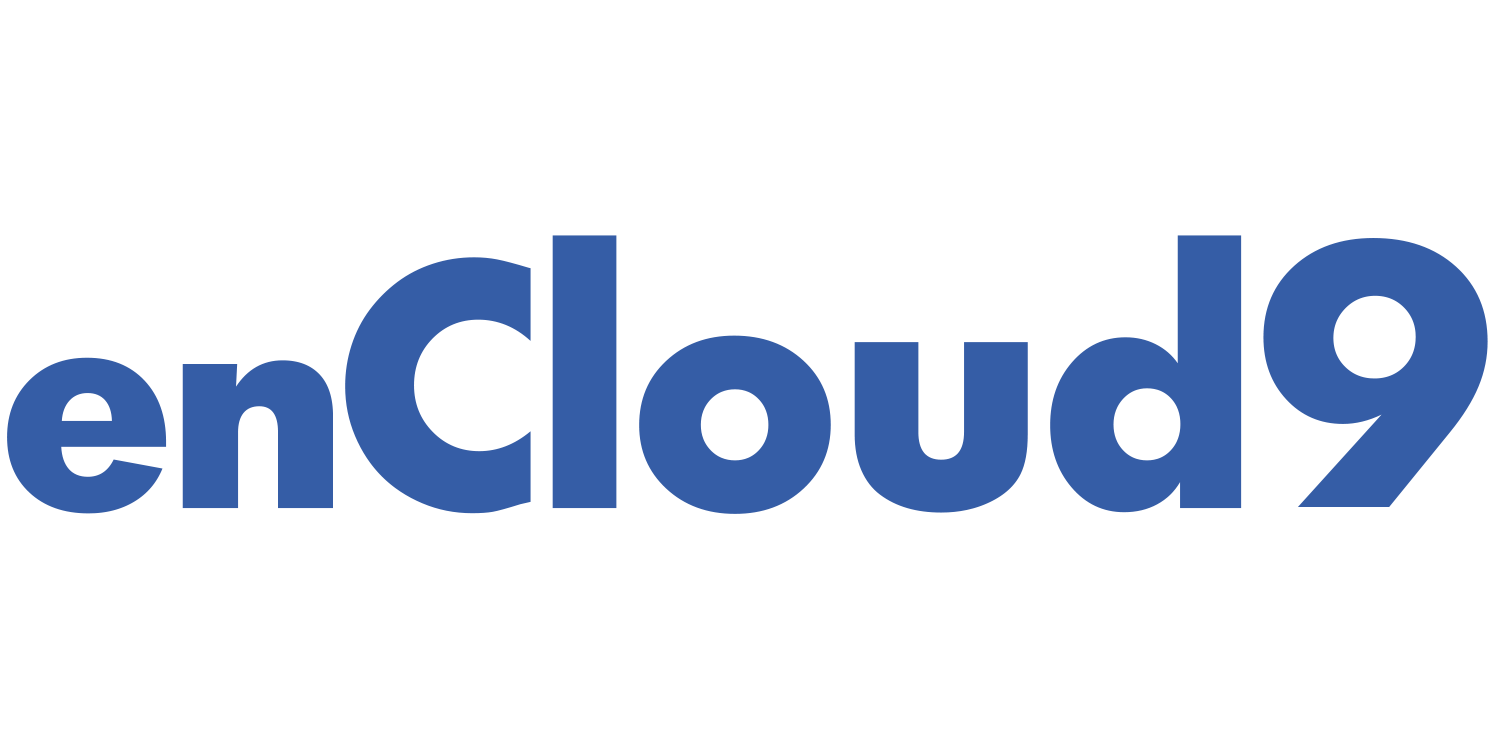Dynamics 365 Team Member License Enforcement – A Walkthrough
The latest buzz in the Dynamics 365 community, related to the upcoming April release has to do with Team member license enforcement – sounds strict right? Well, it might be scary, since Dynamics 365 users have been buying tons of Team Member licenses. These licenses while restricted on paper had no real security mechanism behind them to enforce the restriction. Well with the April Update, its time to review your licenses, make sure that you are compliant, because come June 2020, you don’t want to be in for a big surprise.
So, what exactly is a Team Member License and who needs a Team Member license?
Not so long ago, you had to purchase the same license for a “light” user as you did for a “heavy” user. Not so anymore. With the introduction of Team Member licenses, you only pay for what you need.
A Team member license is designed for those individuals who only need limited Dynamics 365 access.
Many organizations have users that might need the basic functionality of a Dynamics 365, but don’t require full user capabilities. Team member licenses gives users lightweight access to Dynamics 365.
Benefits of Team Member Licenses
- Cost efficiency – It is obvious that organizations might experience cost savings, as they will no longer have to pay for a full license for all members. They can just purchase what is needed. A Team member License is just $8 a month as opposed to the higher cost of a full user license. As you can see from the diagram below, for your users that don’t need a full functionality, Team Member licenses are way more cost-effective.
- More customization – Team Member apps can be tailored to fit your organization’s industry, and unique business processes. Custom entities may be created, in addition to Common Data Service core entities.
- Data Access – Before the introduction of Team Member licenses, companies simply did not purchase Dynamics 365 licenses for “light” users. Team Members now have access to data previously only available in Dynamics 365. Team members are able to read and edit MOST core data.
- More access for everyone – Every user in a company has access to viewing and entering necessary data.
So with all of the value that Team Member licenses provided what is changing now, and how will this affect your users?
Team Member License Restrictions
- Limiting – The most significant restriction here is that Team Member Licenses can be very limiting. There are many functions that cannot be performed with this type of license, but not everyone needs access to everything. You might have a user that does not do much work in Dynamics 365. Maybe they only need access to view records or log their time. But they will never qualify a lead or resolve a case using the Knowledgebase. Although Team members can read any core data, they can not create or edit accounts, or create cases.
- Look, but don’t touch – Users can read and view data from all applications, but can’t “touch.” Most of the time though Team member licenses are sufficient for your “light” users. They can view dashboards, views, generate SQL Reports.
- Less freedom than before – This is not the freedom we were used to in the past. By not enforcing the licensing restrictions, Dynamics administrators were able to allow Team Member users more freedom in Dynamics 365. The loss of this freedom is the most significant impact of this change.
*Note that users who have the Team Member license will have their own Team Member Hub and will NOT be able to access the Customer Service Hub, the Sales Hub, or Custom Apps. In addition, Team Members will have their own Security Role, so they can not use the other Security Roles.
Microsoft will be exerting more control over Team member licenses.
This is certainly a big change from the freedom we are used to, but in a way, it is not a bad thing because it allows you to see the information you need to do your job. This way, users pay for what they need. Users don’t get stuck paying for a lot of unnecessary functions. According to Microsoft, if any of your users operate on the Team Member license, as of April 1, 2020, they will no longer be able to access Customer Service Hub, Sales Hub, or any other custom app modules’ in the system. Microsoft isn’t really changing their licensing costs. They are just exerting more control. Since Microsoft has not really been enforcing the restrictions on Team member licenses, many people had Team Members performing well outside of their duties.
After the enforcement is tuned on whenever users with a Team Member license try to get access to apps they aren’t entitled to, they’ll see an error message saying they don’t have the license to access the app.
Timeline
Early access to Team Hubs was enabled automatically for new Team Member licenses as of Feb 3, 2020 and will become generally available in April 2020. During the early access phase, users with Team Member licenses will be able to use the Customer Service, Sales, and Project Resource Hub modules, but once license enforcement is turned on (April 1, 2020), unentitled apps will not be accessible.
During the early access period, users can proactively preview full enforcement before general availability. It is actually recommended that the Team Member scenarios are tested and customizations migrated to the designated app modules, as needed.
“To facilitate a smooth transition, all existing customer organization instances impacted by this change will automatically be granted an additional grace period until June 30, 2020.” (Microsoft) For new Team Member licenses, this enforcement will be effective on April 1, 2020, as part of the 2020 Wave 1 Release.
How will Microsoft be enforcing control on Team Member licenses?
There are two ways that Microsoft will be exerting its control – through the use of new security roles and two model-driven apps.
- Sales Team Member (installed by default)
- Users of the Sales Team Member app can see much of what can be seen in the Sales Hub, although users of this app are much more limited in which functions can be performed.
- Can create dashboards, but can not create accounts.
- Additional security roles can be added along with up to 15 custom entities. If additional custom entities are needed, you might want to consider moving to a Power Apps license.
- Customer Service Team Member (not installed by default, but can easily be installed by going to the Power Platform Admin center.
- This is a very simple customer service app.
- Users of the Customer Service Team Member app can not create cases for customers, but they can create self-service cases. This could potentially be very helpful to scenarios such as a help desk.
- These users can also search the knowledge base.
To assist you in understanding more about the inevitable, upcoming enforcement we have included this video from Joel Lindstrom featured in the CRM tip of the Day.
2020 Wave 1: Understanding Team Member License Enforcement in Dynamics 365 2020 Wave 1
Why is Microsoft moving to this licensing model?
Microsoft’s goal with Dynamics 365 has always been to create a product that could be used by every employee in every company. In order to accommodate this, they have implemented a more flexible licensing plan.
Future Recommendations
- Move Team Members to one of the two Team Member apps.
- Add up to 15 custom entities to the app and create a role that grants access to the custom entities.
- If additional custom entities are needed than what is allotted on the Team Member license, you may want to consider a Power Apps license (as there are no restrictions on the number of custom entities with Power Apps).
- If more access is needed than what comes with a Team Member license, you need a full access Dynamics 365 license.
Which type of license is right for me and my users?
Dynamics 365 licensing can be confusing! Let us take away the guesswork. Dynamics365support.com would be happy to help you figure out which type of license is best for you and your employees. We will advise you to ensure that you purchase the right plans for your users so that you are not paying a penny more than needed. Contact us today.
Basically, to determine if an employee needs a team member license or a full license, you need to ask yourself what capabilities they need to do their job effectively. A team member license can be very limiting, but not all users need access to all functions. Why pay unnecessary costs? Refer to the Microsoft Dynamics 365 Licensing Guide to learn more about Team Member Licenses.
Another thing can be tricky in regards to your licensing is Team Member licenses as opposed to Power Apps. Which is more appropriate for my users? The costs of the two types of licenses are very similar. Both can access the same CDS through the use of an app, but each license has different rights and limitations. We would be happy to assist you in determining your licensing needs. Contact us today.
Other Resources
- Microsoft documentation on Team Member Licenses
- Customer Service Team Member
- Sales Team Member
- Project Resource Hub
- Microsoft Dynamics 365 Licensing Guide.
About Dynamics365support.com
Dynamics 365 Support is a recognized expert in helping organizations like yours to get the most out of their Power Apps and Dynamics 365 system. Contact us today to get started. We aim to provide you with the most current news, tips, and best practices in Dynamics 365 and the Power Platform. Visit our blog to learn more about the features introduced in the 2020 Dynamics 365 Release Wave1. Subscribe to our newsletter to get the latest info delivered to your inbox. To learn more about Dynamics 365 and Power Apps, attend our monthly webinars.




